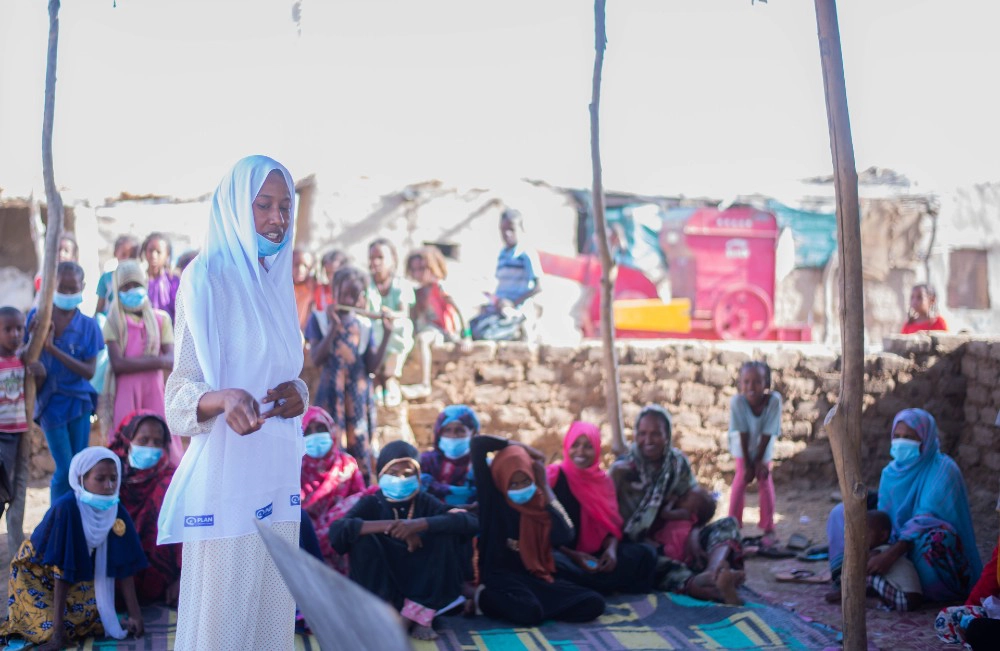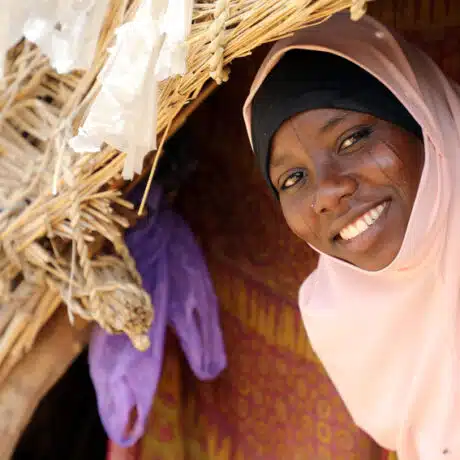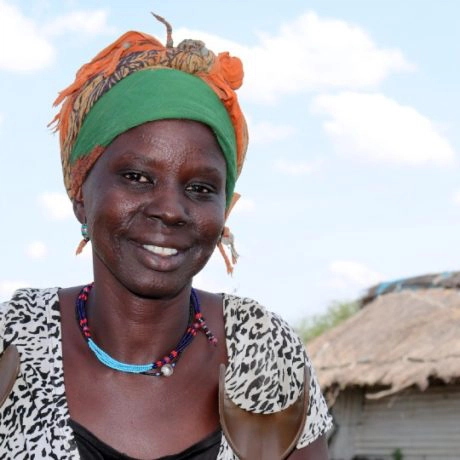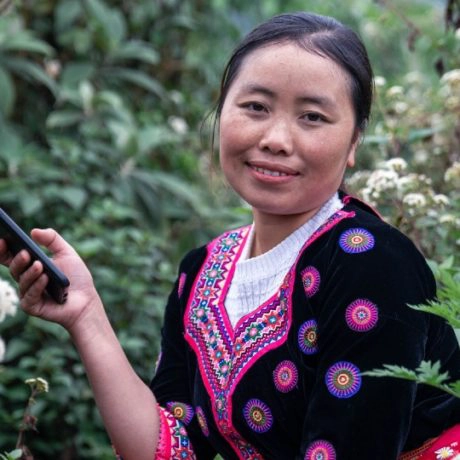News and Stories - Child marriage - 9 July 2021
Education after child marriage
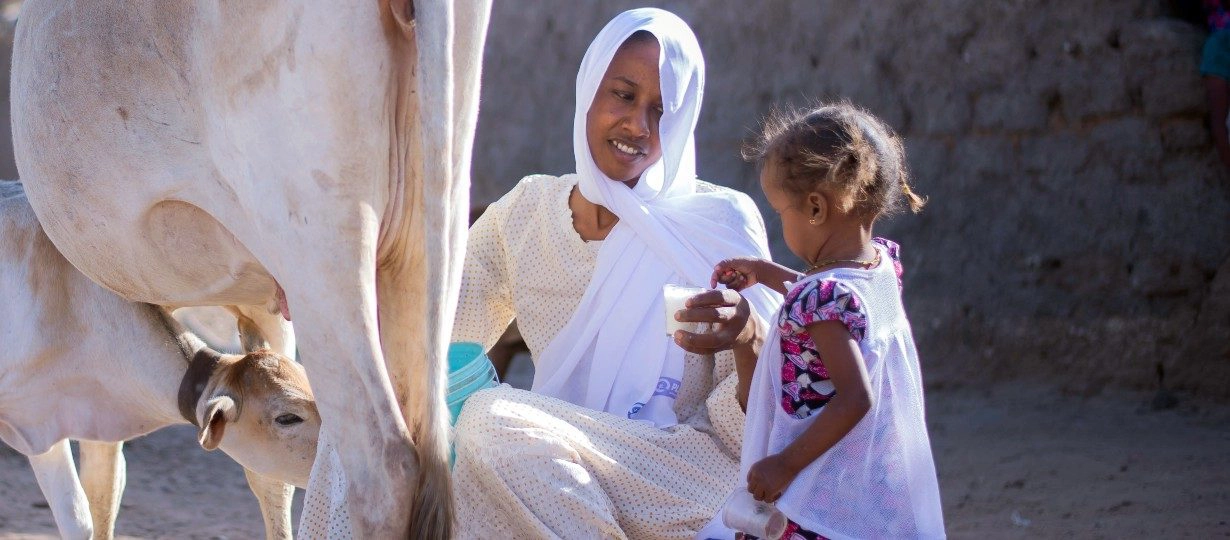
“If I get educated and get my certificate, then I can change my daughter’s life and I can educate her too.”
Zainab is 21 years old and lives in Sudan, where 34% of girls are married before the age of 18 and 12% are married before their 15th birthday.
Early and child marriage isn’t isolated to one culture, religion or group of people. It cuts across countries, cultures, religions and backgrounds. The root causes – which allow it to continue – are gender inequality, poverty, cultural norms and a lack of education, all of which we have the power to change.
In Zainab’s community, parents are responsible for arranging their daughter’s marriages, usually without consulting the bride. Zainab was forced into one of these marriages when she was 17 years old.
“I got married after I finished my exams in my third semester at university. My husband promised me that I would be able to finish my education but when I was getting ready to go back to university, he stopped me from leaving and said, ‘consider yourself a divorced woman if you go back’,” Zainab explains.
With no alternative, Zainab dropped her studies and not long afterwards fell pregnant with her daughter Mashallah. But she refused to give up on her dream of finishing her education.
- “I said to myself, if I get educated and get my certificate, then I can change my daughter’s life and I can educate her too and if she faces any problems in her life, she can say that her mother overcame this problem, so I can too. I want to be a role model for her.”
When her daughter was eleven months old, Zainab divorced her husband and set about raising Mashallah as a single mother. She credits Plan International with helping her gain a better understanding of gender equality and girls’ rights.
“My first Plan International workshop was in 2009. It was about women’s rights and female empowerment. Another workshop I attended was about violence against women. I think I’m stronger because of them, Plan International were very supportive of me. I have started my life from scratch and soon I will resume my studies at university. I think that child marriage is a complete violation against girls and it undermines women’s rights.”
Having worked as a volunteer teacher at the school in her village since 2017 and now working at the literacy centre in her community, Zainab is a firm believer that education offers girls a better future. “I am teaching at the school because there are some girls who have dropped out of school, they are told that education is not important and I’m trying to help them to continue their studies.”
When asked what message she would give to other girls, Zainab says: “Don’t accept marriage while you are under 18. If you forced to do so, you should tell them that child marriage has risks. A young girl cannot do all the household work or have sex with her husband because she is still growing.”
“When a girl is under 18, if she does get pregnant, she will face problems during childbirth and she is also at a high risk of miscarriage because her pelvis is still growing. This is all because of child marriage.”
Now 21, Zainab is looking forward to returning to university and is very optimistic about her future, and that of her young daughter who is now three.
- “I want my daughter to live a happy life without any problems. That she has good education and marries the love of her life after she becomes a woman. That is what I hope for my daughter in the future.”
You can help end child marriage by making a donation.
